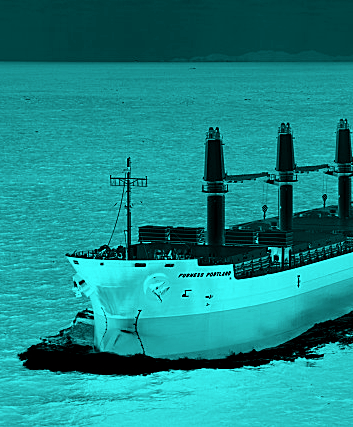Green bar outlined
 Australia is considering a ‘green tariff’ to protect local industries.
Australia is considering a ‘green tariff’ to protect local industries.
Australia may impose a new tariff on steel and cement imports from countries with weaker decarbonisation policies to support its domestic producers adhering to new carbon emission rules.
The move is backed by major manufacturers like Boral and BlueScope facing challenging decarbonisation targets.
The government believes it's necessary to maintain competitiveness and prevent “carbon leakage”.
This approach aligns with the EU's plan for a similar scheme by 2026 and has support from industry groups. However, detailed implementation and compliance with trade rules pose challenges.
The Australian safeguard mechanism, initiated on July 1, mandates emissions reductions for large industrial facilities.
This aims to cut over 200 million tons of carbon emissions by 2030, particularly in hard-to-decarbonize sectors.
Meanwhile, the European Commission has established rules for the transition period of the Carbon Border Adjustment Mechanism (CBAM), effective from October 1, 2023.
CBAM aims to price carbon emissions in the production of imported goods, including hydrogen.
During the transition, EU importers of CBAM goods must report embedded emissions without financial adjustments.
This allows businesses to prepare for full CBAM implementation in 2026, addressing carbon leakage from EU-based companies relocating carbon-intensive production abroad.








 Print
Print